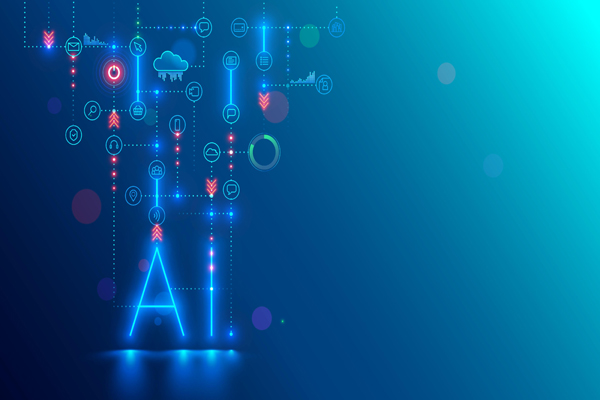This is critical to efforts to achieve net-zero emissions by 2050, as well as efforts to combat the consequences of climate change and minimize the harm caused by it. At this critical time, applying advanced analytics and artificial intelligence (AI) to the climate challenge provides a vital pathway to meaningful change.
About 40 percent of organizations envision using AI for their own climate-improving efforts, according to the findings of a survey of more than 1,000 executives with decision-making authority over artificial intelligence or climate change action. However, even among these experts, there is a general consensus that significant barriers to widespread AI adoption remain: 78% of respondents cited insufficient AI expertise as a barrier to their use of AI in addressing climate change, and 77% cited artificial intelligence Availability of smart solutions is limited, and 67% lack confidence in AI-related data and analytics.
Hamid Maher, managing director and partner at BCG and BCG GAMMA and co-author of the report, said: “AI’s unique ability to collect, integrate and interpret large and complex data sets means it can help interests Stakeholders take a smarter and data-driven approach to carbon emissions and climate risks. However, most of the existing AI-related climate solutions are fragmented, often difficult to obtain, and lack resources to scale “These shortcomings need to be improved.”
A team of data scientists and artificial intelligence experts. Their mission is to go to the “unfathomable” place in the enterprise – the database, bring back the light – business insight and help enterprises create new business value.
The application of artificial intelligence in the fight against climate change
Global leaders can use AI to achieve their goals in a number of ways:
Mitigating emissions: One of the most critical uses of AI is measuring, reducing and eliminating emissions and greenhouse gas (GHG) effects. Over 60% of public and private sector leaders believe that reducing and measuring emissions is the greatest business value to their organization. BCG said that if artificial intelligence is applied globally, it could reduce greenhouse gas emissions by 5% to 10%, equivalent to a reduction of 260 to 5.3 billion tons of carbon dioxide emissions.
Resilience: Adaptation to climate change is a critical task for policymakers and the public as it improves resilience to the effects of long-term climate trends and extreme weather events. AI is well suited to help predict climate-related disasters, whether by improving long-term forecasts of localized events such as sea-level rise, or by upgrading early warning systems for extreme phenomena such as hurricanes or droughts.
Improve social awareness: AI can be used to support research and education on climate change, help stakeholders understand the associated risks and impacts, and encourage them to share what they have learned. These efforts support and expand ongoing mitigation, adaptation and recovery efforts.
Need full support
AI has many key uses in the climate change arena, but any successful AI solution must be user-friendly and easily accessible. It must offer tangible benefits to users, with clear recommendations that are easy to follow. Therefore, AI solutions require more meaningful support, including access to capital investment, policymakers, and trained practitioners.
“AI holds great promise to help solve the climate crisis, but AI alone is not enough. It depends on the willingness of policymakers to act and make the necessary changes, supported in part by AI and other emerging technologies ” said Damien Gromier, founder of AI for the Planet and co-author of the report.
AI for the Planet invites all interested parties to participate in its solutions, at any stage and from any sector, whether private, public, academic, or non-profit.




GIPHY App Key not set. Please check settings